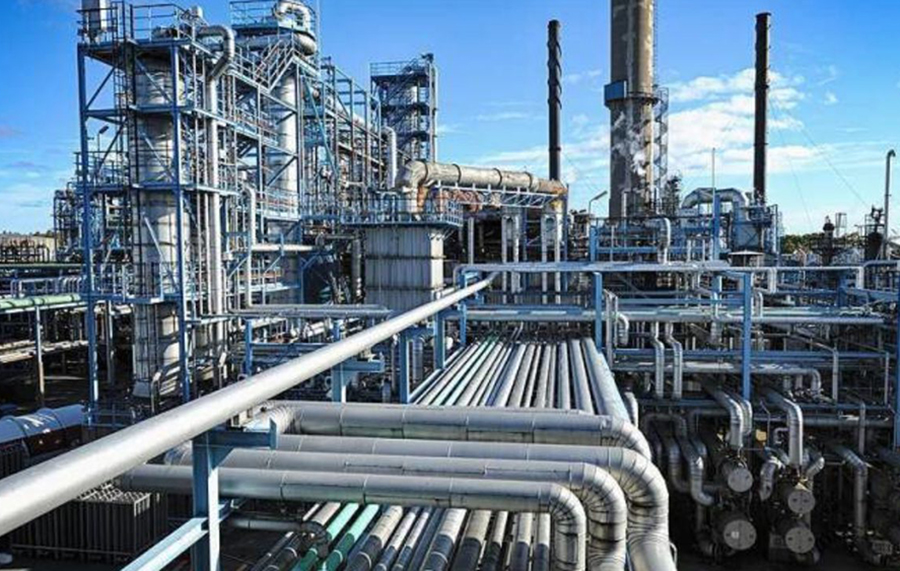News reports earlier this week say the Vice President, Prof. Yemi Osinbajo, speaking at a virtual meeting noted that the problems associated with Nigeria’s refineries will persist if the Federal Government continues to own and run them. According to him, the government should have no business running refineries as they should be in the hands of the private sector. He further noted that the government’s focus currently is to assist the private sector develop modular refineries. He listed a few private refineries coming on stream which include a 100,000-barrel capacity refinery located near Portharcourt, the Niger Delta Petroleum refinery in Delta state and six modular refineries that should come on stream soon.
Explore the Nairametrics Research Website for Economic and Financial Data
About 90% of the refined petroleum products consumed in Nigeria are imported. The nation’s refineries located in Kaduna, Warri, and Port Harcourt with a combined nameplate capacity of 445,000 bpd have long operated at low levels due to many years of underinvestment and poor maintenance. Despite continuous talk of revamping the
refineries, in 2019, combined capacity utilization of Nigerian refineries fell to 2.5%, an all-time low annual activity level since 1998 when NNPC started providing the data. Last year, Pipelines & Product Marketing Company (PPMC) reported that it imported 9,158,528mt of refined products (PMS, HHK, AGO & ATK) while it evacuated only 963,302mt of refined products from Nigerian refineries, implying local production was just at 10.5% of total refined products available for distribution. Going by the historical performance of these refineries, it is safe to agree with the Vice President that the Nigerian government has no business running refineries.
READ: Hotels in Nigeria are on the verge of collapse
Asides the modular refineries mentioned by the Vice President expected to come on stream soon, the country is also patiently awaiting Dangote’s 650,000 barrels perday capacity refinery. The BUA group also recently announced plans to commence a 200,000 barrels per day refinery and petrochemical plant in Nigeria to be located in Akwa Ibom State. Although it is widely believed that the local refining operations will reduce the nation’s reliance on
imported refined products, the question in the minds of many Nigerians is how local refining of petrol will impact the pump price. In this regard, the Minister of Finance, Budget and National Planning, Zainab Ahmed, stated that refining petrol locally will not significantly reduce the price of petrol since the refineries will sell at the international price, noting that the only expected savings will be freight or shipping.
READ: DPR reveals 4 major areas of focus for downstream operations of oil and gas sector
That said, Nigeria as a country has a lot to benefit from being a net exporter of refined petroleum products. Nigeria is the second largest producer of oil in Africa. The combination of rising shale production in the US, continued oversupply in the export market and weak demand, means the market for Nigerian crude is quite uncertain and a shift from export of crude to refined products bodes well for the country. The start up of these refineries will also
attract investment in warehousing and storage facilities, enhance employment opportunities and conserve the foreign exchange earnings of the country
READ: Six Modular Refineries billed to commence operation, FG says
CSL Stockbrokers Limited, Lagos (CSLS) is a wholly owned subsidiary of FCMB Group Plc and is regulated by the Securities and Exchange Commission, Nigeria. CSLS is a member of the Nigerian Stock Exchange.
















